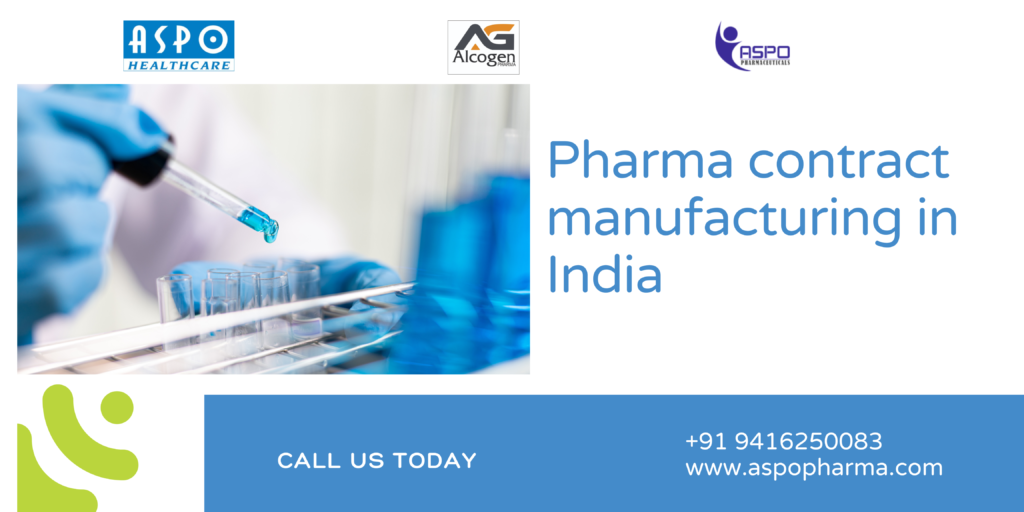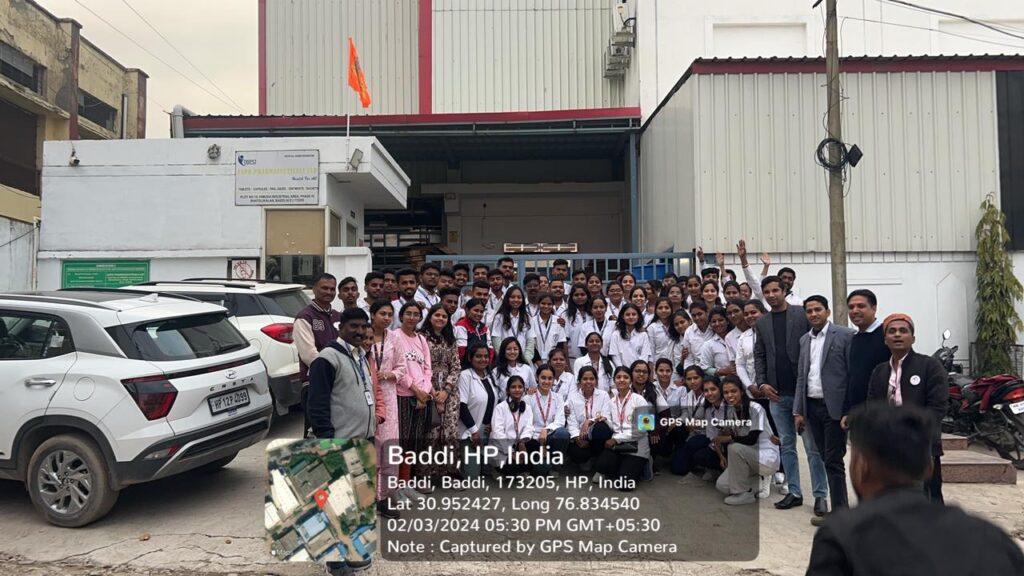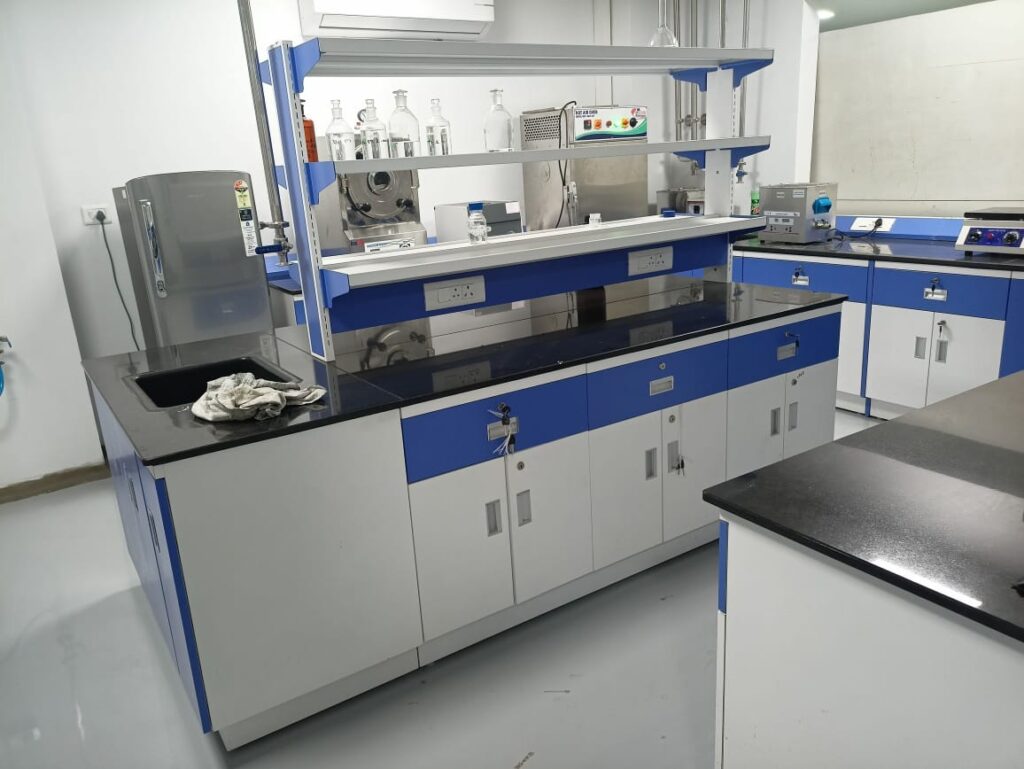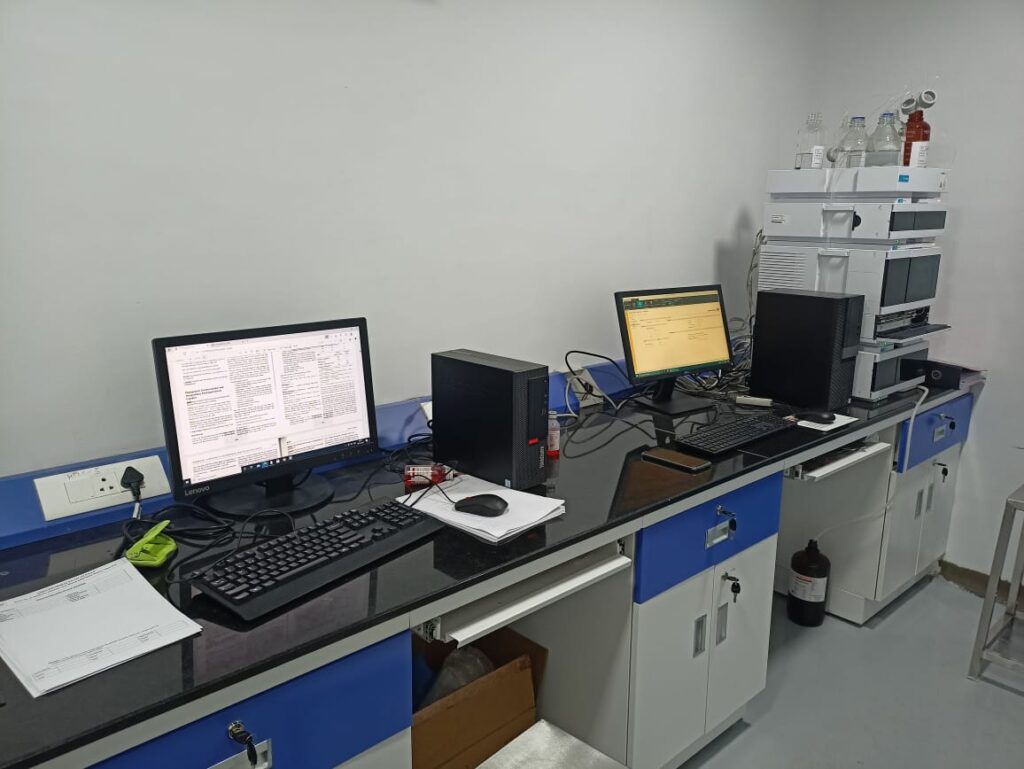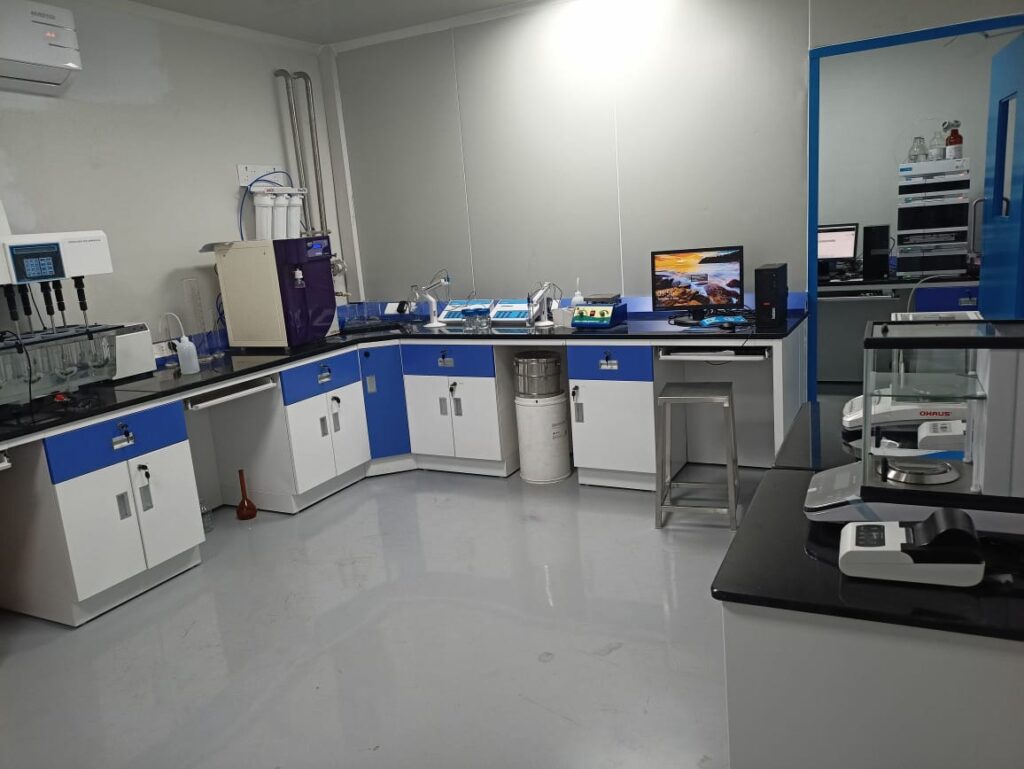Top Pharmaceutical Manufacturer for Exports: Unmatched Quality and Reliability
In today’s globalized healthcare landscape, having a reliable pharmaceutical manufacturer for exports is crucial. As a leading player in the pharmaceutical industry, we are committed to providing the highest quality products that meet international standards. Our state-of-the-art facilities, stringent quality control measures, and innovative research and development make us the top pharmaceutical manufacturer for exports. Cutting-Edge Manufacturing Facilities Advanced Technology and Infrastructure Our manufacturing facilities are equipped with the latest technology to ensure efficient and high-quality production. We have invested in automated systems and modern equipment to maintain precision and consistency in our manufacturing processes. This infrastructure allows us to scale production while adhering to the strictest quality standards. Compliance with Global Standards We adhere to Good Manufacturing Practices (GMP) and World Health Organization (WHO) guidelines to ensure our products meet global regulatory standards. Our commitment to quality has earned us certifications from leading international organizations, making us a trusted partner for pharmaceutical exports worldwide. Stringent Quality Control Measures Comprehensive Testing and Validation Quality assurance is at the core of our operations. We implement rigorous testing and validation procedures at every stage of production. Our quality control team conducts regular audits and inspections to ensure compliance with international standards. This commitment to excellence guarantees that our products are safe, effective, and reliable. Continuous Improvement and Innovation We believe in continuous improvement and innovation. Our Research and Development (R&D) team is dedicated to developing new formulations and improving existing ones. By staying at the forefront of pharmaceutical technology, we can offer cutting-edge solutions that address the evolving needs of the healthcare industry. Diverse Product Portfolio Extensive Range of Pharmaceuticals Our product portfolio includes a wide range of pharmaceuticals, such as tablets, capsules, syrups, ointments, and protein powders. Each product is manufactured using high-quality raw materials and undergoes stringent testing to ensure efficacy and safety. Our diverse offerings cater to various therapeutic areas, including cardiovascular, respiratory, gastrointestinal, and more. Customized Formulation and Private Labeling We understand the unique needs of our clients and offer customized formulation services. Our team works closely with clients to develop products tailored to specific requirements. Additionally, we provide private labeling options, allowing businesses to market high-quality pharmaceuticals under their own brand. Nutraceuticals and Health Supplements In response to the growing demand for preventive healthcare, we have expanded our product line to include nutraceuticals and health supplements. Our range of vitamins, minerals, herbal supplements, and protein powders is designed to support overall health and well-being. These products are developed with the same commitment to quality and innovation that defines our pharmaceutical offerings. Global Reach and Distribution Network Expansive International Presence As a top pharmaceutical manufacturer for exports, we have established a strong presence in over 50 countries across North America, Europe, Asia, and Africa. Our robust distribution network ensures timely delivery of products to our clients, no matter where they are located. We have forged strategic partnerships with local distributors to facilitate smooth and efficient operations. Expertise in Regulatory Compliance Navigating the complex regulatory landscape of different countries can be challenging. Our dedicated regulatory affairs team possesses extensive knowledge of international regulations and works closely with authorities to ensure compliance. This expertise enables us to streamline the registration process and expedite product approvals, allowing our clients to bring their products to market faster. Customer-Centric Approach Our commitment to excellence extends beyond product quality to encompass exceptional customer service. We believe in building long-term relationships with our clients based on trust and mutual respect. Our customer-centric approach involves understanding the unique needs of each client and providing personalized solutions to meet those needs. We offer comprehensive support, from product development and regulatory guidance to marketing and distribution. Sustainable and Ethical Practices Environmental Responsibility We are committed to conducting our business in an environmentally responsible manner. Our manufacturing processes are designed to minimize waste and reduce our carbon footprint. We use energy-efficient technologies and promote the use of renewable resources wherever possible. Additionally, we comply with all environmental regulations and strive to exceed industry standards for sustainability. Ethical Business Practices Integrity and transparency are at the core of our business philosophy. We adhere to the highest ethical standards in all our dealings, ensuring fairness and honesty in our interactions with clients, suppliers, and employees. Our ethical practices have earned us a reputation for reliability and trustworthiness, making us a preferred partner for businesses worldwide. Corporate Social Responsibility We believe in giving back to the community and actively participate in various social initiatives. Our corporate social responsibility (CSR) programs focus on improving healthcare access, supporting education, and promoting sustainable development. Through these initiatives, we aim to make a positive impact on society and contribute to the well-being of communities around the world. Future Outlook As we look to the future, we remain committed to our mission of delivering high-quality pharmaceutical products that improve health and enhance lives. We will continue to invest in research and development, expand our product portfolio, and strengthen our global presence. Our vision is to be the most trusted and innovative pharmaceutical manufacturer for exports, setting new benchmarks for excellence in the industry. In conclusion, our unwavering commitment to quality, innovation, and customer satisfaction has established us as the top pharmaceutical manufacturer for exports. We are proud of our achievements and look forward to continuing our journey of excellence, providing the world with pharmaceutical products that make a difference.


